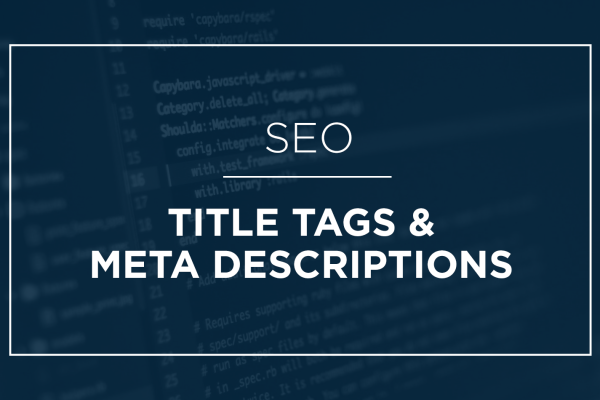A SEO audit is a way to check how well your website is doing in search engines. It helps you find issues, improve your site, and get more visitors. In this blog, we will share practical tips on SEO audits and how to evaluate your website’s performance.
What is an SEO Audit?
An SEO audit is a process of checking a website to see how well it performs in search engines like Google. It helps find problems that may stop the website from ranking higher. During an SEO audit, experts look at things like website speed, content quality, mobile friendliness, backlinks, and keywords. The goal is to improve the site so more people can find it online.
The Role of SEO Audit for Websites
An SEO audit is a comprehensive analysis of a website’s performance in search engines. Its primary role is to identify issues that may prevent the site from ranking higher and attracting organic traffic.
The audit examines several key areas:
- Technical SEO – Checks site speed, mobile-friendliness, indexing, and crawl errors to ensure search engines can access and understand your website.
- On-Page SEO – Evaluates content quality, keyword usage, meta tags, headings, and internal linking to improve relevance and visibility.
- Off-Page SEO – Reviews backlinks, domain authority, and social signals to strengthen site credibility.
- User Experience (UX) – Assesses navigation, layout, and engagement metrics to ensure visitors have a positive experience.
- Content Analysis – Identifies gaps, outdated content, or duplicate pages that may affect rankings.
By conducting regular SEO audits, businesses can optimize their website, enhance user experience, fix technical issues, and ultimately improve search engine rankings. It is a critical tool for maintaining a strong online presence and staying ahead of competitors.
How to Conduct an Effective SEO Audit for Your Website
An SEO audit is a crucial step to ensure your website performs well in search engines. It helps identify issues, improve visibility, and enhance user experience.
- Check website: Use tools like Google Search Console to find crawl errors, broken links, and indexing problems.
- Analyze on-page SEO: Review titles, meta descriptions, headers, and URLs; include keywords naturally.
- Evaluate content quality: Remove duplicates, update outdated info, and provide valuable content.
- Assess technical SEO: Test site speed, mobile-friendliness, SSL, and structured data.
- Examine backlinks: Focus on quality backlinks and remove toxic links.
- Review user experience: Ensure smooth navigation, proper internal linking, and low bounce rates.
- Track performance metrics: Monitor traffic, rankings, and conversions to measure improvement.
Regular SEO audits help uncover weaknesses, boost search rankings, and enhance user engagement. Keeping your website optimized ensures long-term growth and online success.
















